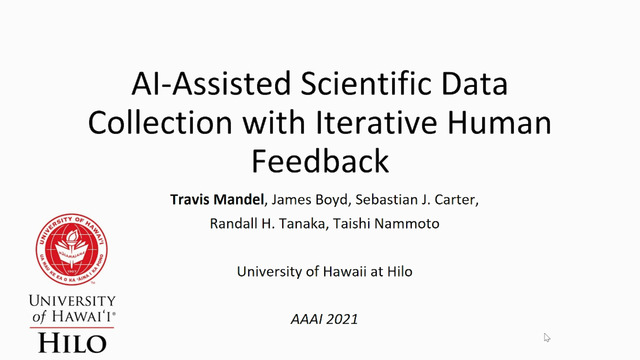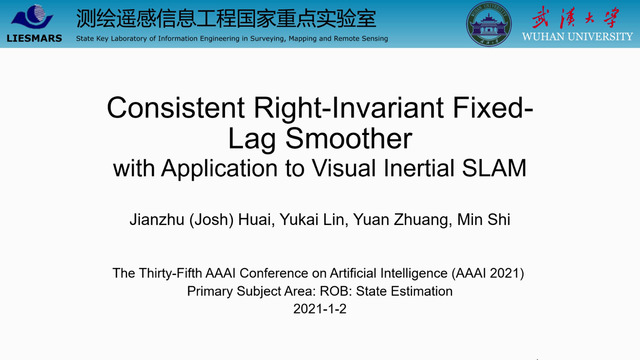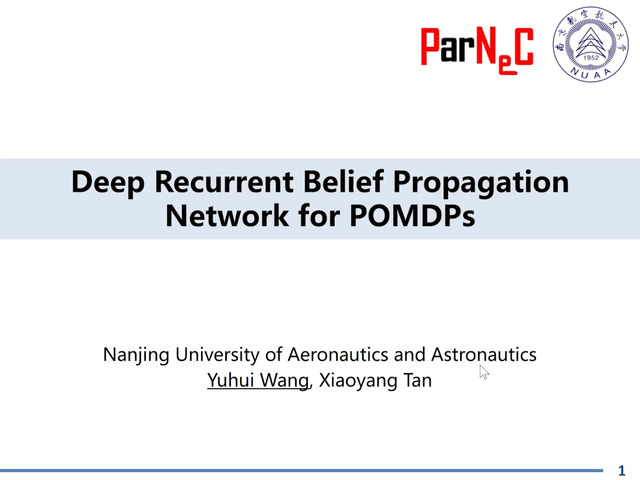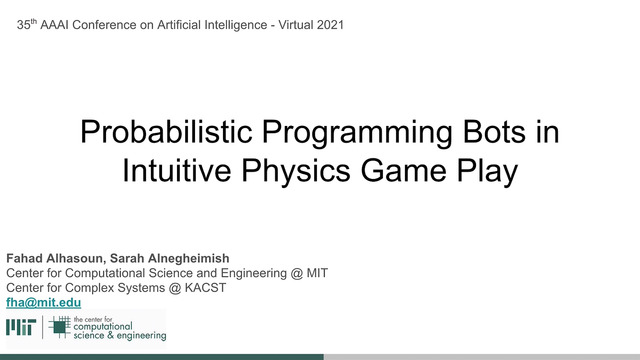Abstract:
Scientific opportunities are missed in planetary explorations due to the lack of communication and/or long-time communication delays between rovers and ground stations. By enabling rovers to autonomously detect and explore targets the overall scientific outcome of extraterrestrial missions can be increased.
In this paper, we have designed, developed, and evaluated unsupervised as well as semi-supervised approaches to novelty detection based on Variational Autoencoders (VAE). Our VAE model was trained on typical data from previous missions and tested to infer the novelty of scientific targets. In an ablation study, we investigate the effectiveness of different types of loss functions. We compare losses based on reconstruction errors, losses obtained from the VAE's latent space as well as a combination of both. In our experiments, we have evaluated both unsupervised and semi-supervised approaches on datasets obtained from NASA's Mars Curiosity rover. Results show that our VAE-based approaches are not only robust but also comparable, or better, than the state-of-the-art.









































